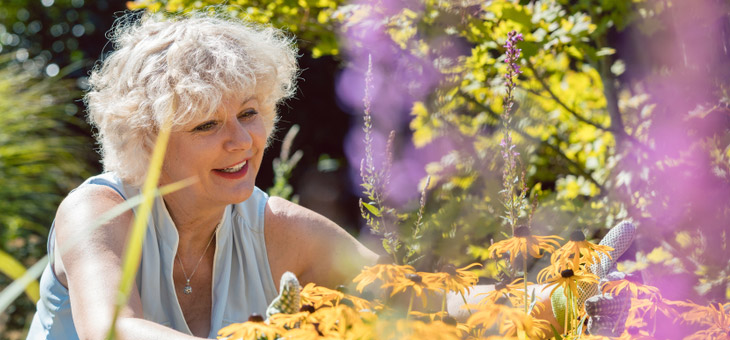Anyone who has had an impossibly long to-do list or felt the pressure of a looming deadline understands the importance of a work schedule. However, despite any daily agenda you might plan, your internal body clock is secretly calling the shots.
Scientists believe our sleeping and waking patterns (also known as our circadian rhythm) dictate what time of the day our cognitive abilities rise and fall. Apparently, our bodies have a set schedule for when we are most able to concentrate, come up with new ideas and work most efficiently.
A study that followed 509 tweets from 2.4 million people in 84 countries found that just about everyone’s mood followed a body clock-related daily rhythm.
The trick is to work with your internal schedule.
Make the most of your waking hours
Science repeatedly shows that our attitudes and aptitudes are best just after waking. At this time, we are happier, warmer and more enthusiastic to work. Depending on whether you’re an early bird or a night owl, these feelings peak somewhere around midday.
For most people who follow a traditional daily flow, the day can be broken up into three segments:
- a peak (morning)
- a trough (midday)
- a rebound (afternoon/evening)
Our speed and accuracy at completing tasks are both better in the morning. This is because scientists have found that cortisol (the stress hormone) levels appear to spike within half an hour of waking up, making us more alert.
Therefore, mornings are great times to perform strategic tasks, critical analyses and get stuck into complicated items.
Save simple tasks for later
If mornings are best for completing big tasks, then midday and afternoons are well spent on simple tasks and chores.
By the time we reach the middle part of the day, peak performance has dropped. But there’s still opportunity to be productive. You can fill this part of the day with easier tasks and still feel a sense of achievement.
This is a great time of the day to check emails, run errands, go to a doctor’s appointment and make phone calls.
Bring creativity into your afternoon
According to author Daniel Pink, who has devised a science-backed formula for the perfect work day, not all your best work gets done in the morning. The so-called ‘afternoon slump’ can actually be a good time to solve problems that require creativity and insight.
Apparently, our internal body clock, which works to keep us sharp and focussed in the mornings also tends to prevent innovative ideas that might distract us from the task at hand.
“At those looser moments, a few distractions can help us spot connections we might have missed when our filters were tighter,” Pink writes in his 2018 New York Times bestseller When: The Scientific Secrets of Perfect Timing.
Take breaks if you need them
No matter what time of day, a brief walk, even just a few minutes, can jump start the brain and give you a boost of concentration. Even if you can’t get outside, it helps to stand up and perform a dynamic action (such as stretching).
Take time to reflect
At the end of the day, before you shut down your computer or race out of the office, take time to reflect on your progress. Psychologists say we consolidate memories using a ‘peak-end rule’, which means we tend to remember the best or most intense part of an experience most, as well the last one, too.
By taking a few minutes to write down what you’ve accomplished and by making a plan for the next day, Pink says you’re closing out your day on a good note. He’s been doing this himself for a few years and has found it valuable.
“On good days, the exercise delivers feelings of completion; on bad days, it often shows me I got more done than I suspected,” he says.
How do you stay productive during the day? Do you work to a routine or have you found another method that works for you?
Related articles:
Sleep – five tips to get enough?
Key to older boomers’ prosperity
How to stay active for longer

